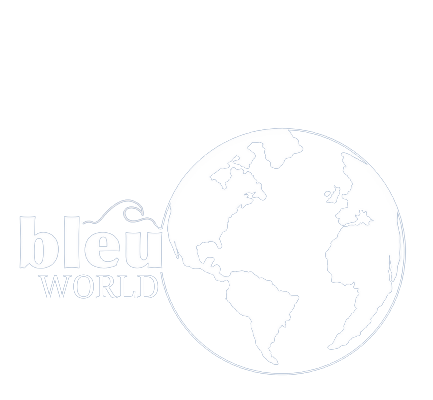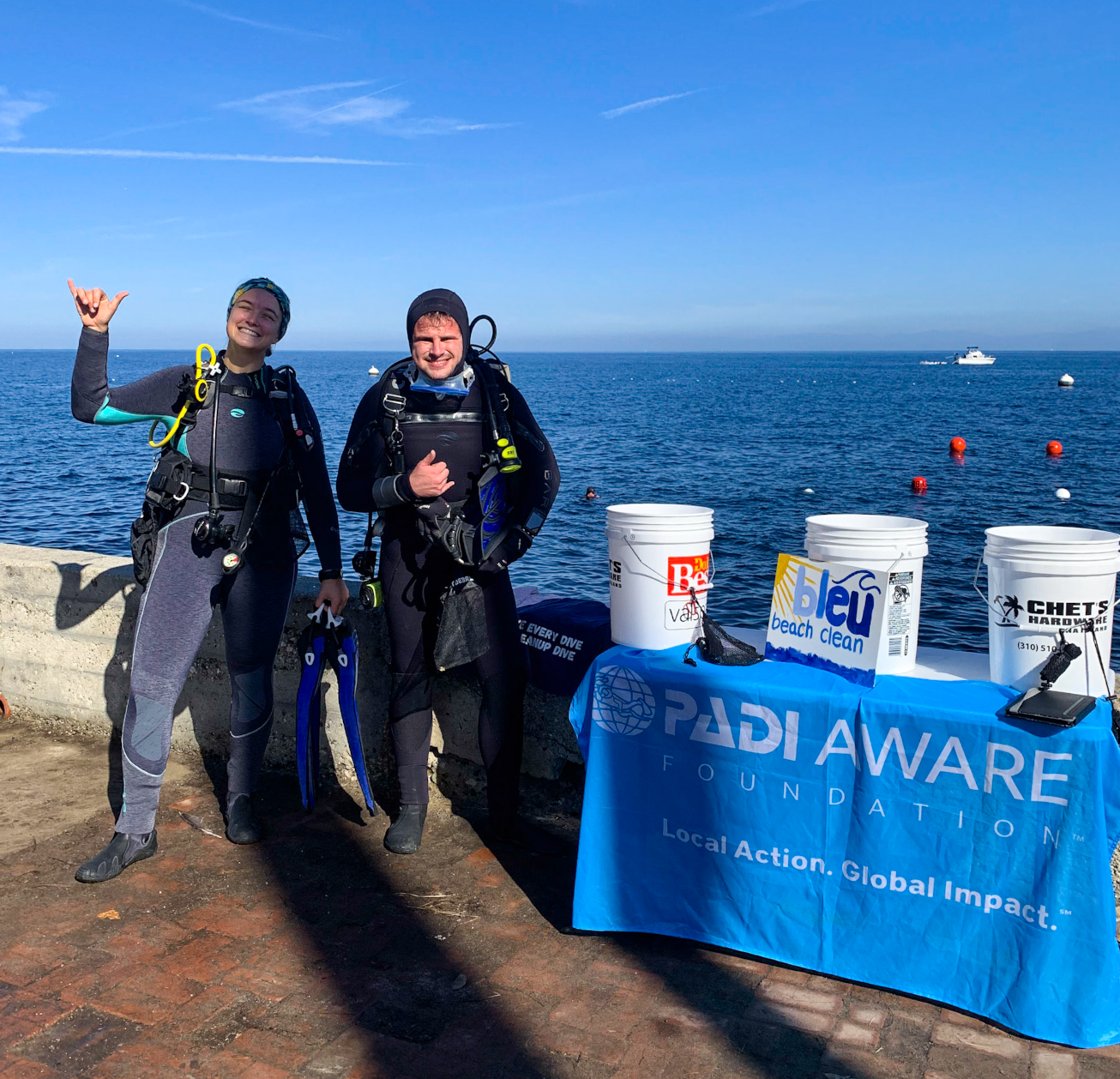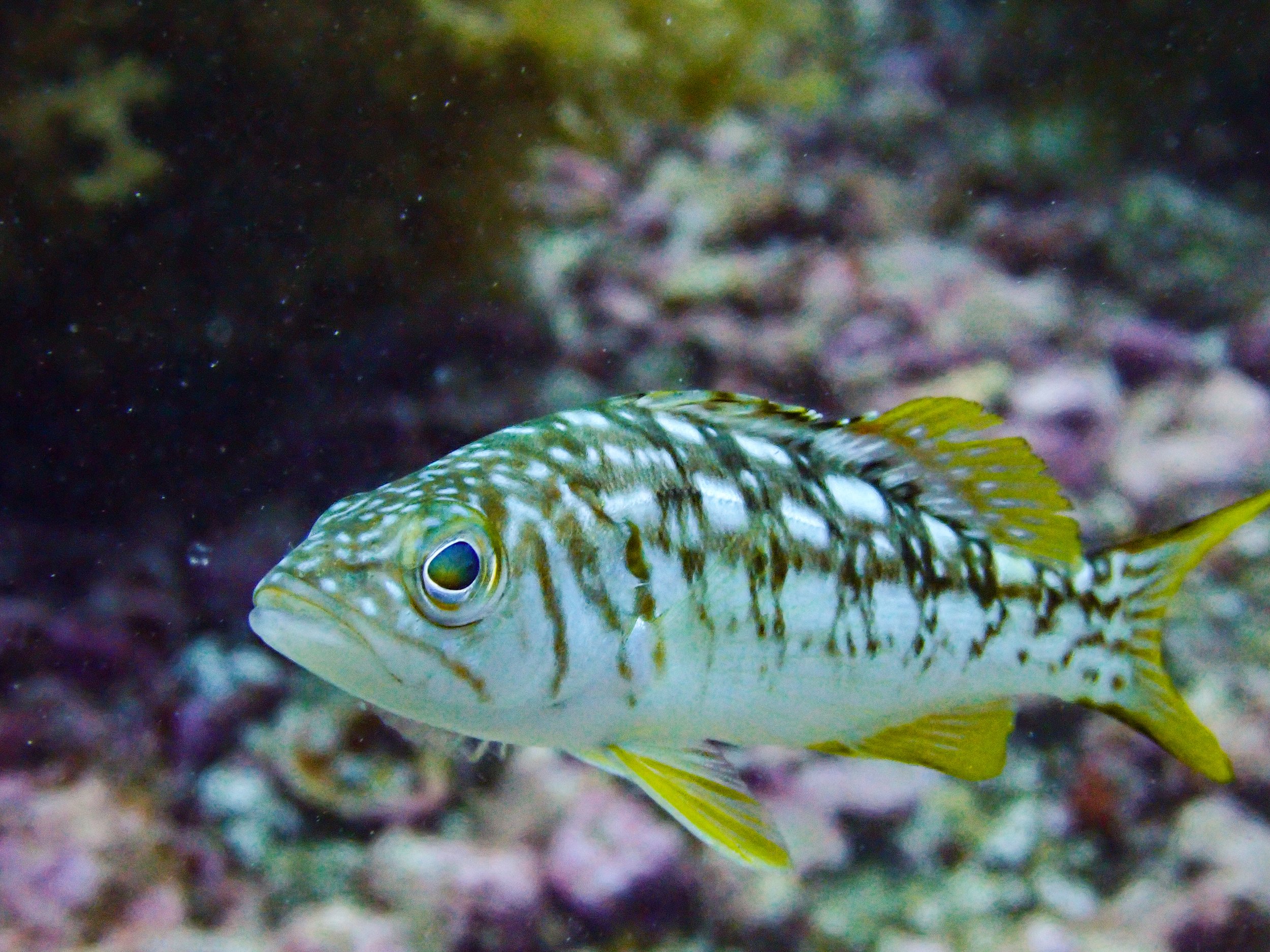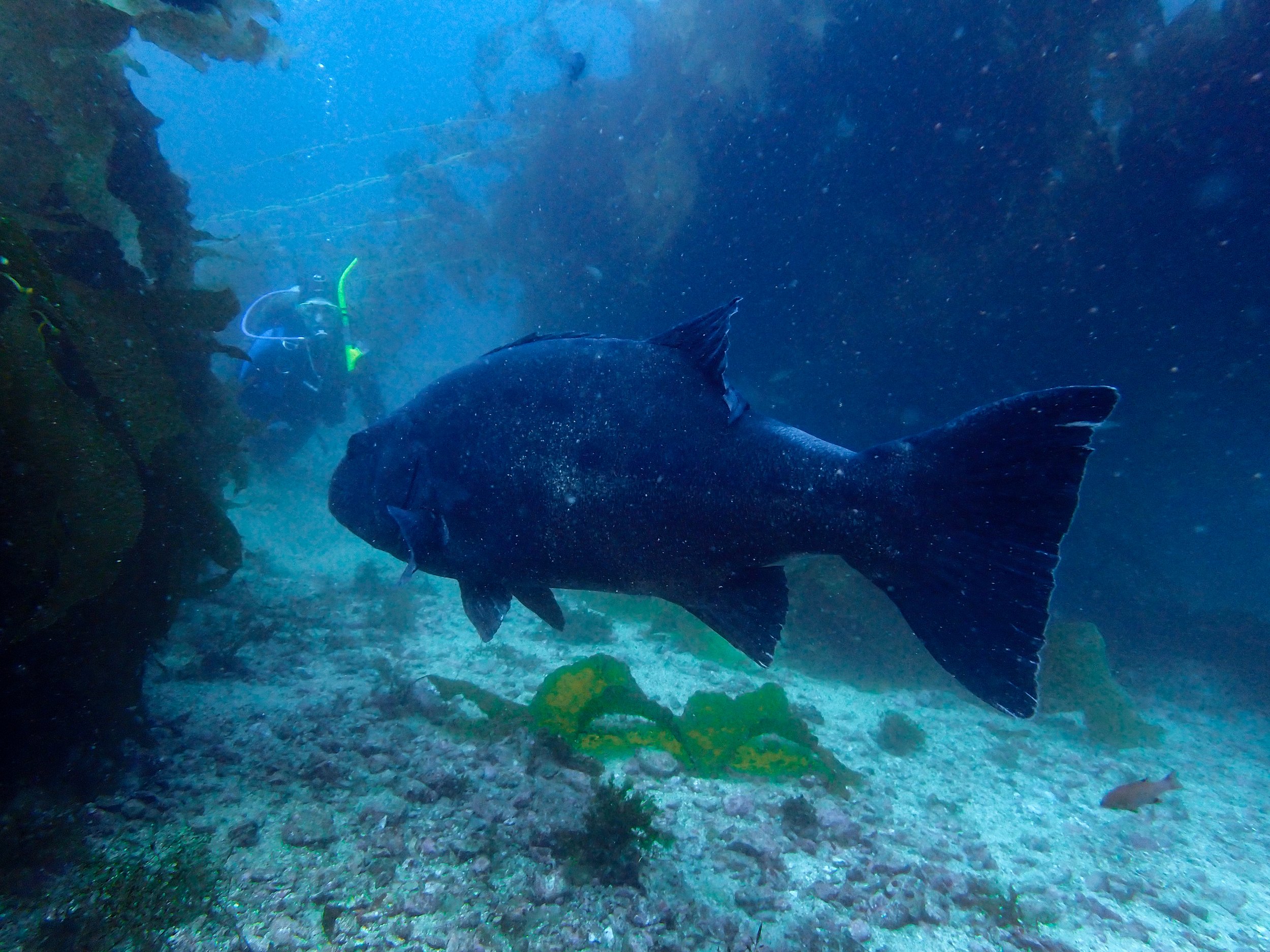
Catalina Monitoring Program
Bleu World is launching a long-term citizen science monitoring program to track fish abundance, vulnerable species populations, and marine debris in the kelp forests along the coast of Catalina Island.
WHAT TO EXPECT
Day One: Scientific & Conservation Dive Training
Volunteers will join Bleu World’s team on Catalina Island where they will participate in a day of scientific dive training complete with certifications in PADI AWARE and PADI Dive Against Debris specialties. This training will be followed by an afternoon Discover Scientific Diving experience which includes our first citizen science survey of Adopt The Blue site Casino Point Dive Park.
Day Two: Citizen Science Survey Dives
Once trained, volunteers will spend their second day conducting citizen science surveys from our research vessel at two of our Adopt The Blue sites along the coast of Catalina. This day will conclude at our research base camp where we will compile our data into a baseline dataset for monitoring and assessment of ecosystem health, contribute that data to a number of citizen science databases, and discuss the impact of our findings on the long-term conservation of kelp forest ecosystems around the island.
Citizen Science Surveys
As we monitor the kelp forests on Catalina Island, we will be using citizen science to collect data on fish abundance with Reef Environmental Education Foundation, vulnerable species populations with UCSB’s Spotting Giant Sea Bass Program, and marine debris with PADI AWARE.
Citizen science represents a dynamic shift in the world of scientific investigation. It involves harnessing the collective power of volunteers to actively participate in data collection, analysis, and research activities. This collaborative approach to scientific research significantly broadens the scope and scale of research projects, enabling researchers to gather data on a much larger and diverse scale than would be possible with traditional methods.
Citizen science is transformative, democratizing the scientific process and fostering a sense of shared responsibility for our environment, our oceans, and world.
PADI AWARE
More than 250 million tons of plastic are estimated to make its way into the ocean by 2025. The environmental damage caused by plastic debris alone is estimated at US$13 billion a year. Divers are often the first to witness human impact on the marine environment and are uniquely positioned to help report, remove and advocate to stop marine debris at its source. Through PADI AWARE’s flagship program, Dive Against Debris, they house and engage the largest underwater citizen science database and movement for marine debris on the planet.
Reef Environmental Education Foundation (REEF)
Reef Environmental Education Foundation (REEF) protects marine life through education, service, and research. In 1993, REEF launched the Volunteer Fish Survey Project, a citizen science program tracking marine fish populations as well as selected invertebrate and algae species. So far, the database has surpassed 250,000 surveys conducted at almost 15,000 sites throughout the world’s oceans by over 16,000 volunteer divers and snorkelers. This is one of the largest marine life databases in the world and it is used by resource agencies and researchers in order to better understand and protect our oceans.
Spotting Giant Sea Bass Program
Giant sea bass are the largest resident bony fish along the California coast. Weighing up to 256 kg (564 lbs) they can swallow small sharks whole. Despite their intimidating size, they are celebrated by divers for their curiosity and beauty. They are a fragile species. Long-lived and slow to mature, their populations crashed as a result of overfishing. They have been classified by the IUCN as a Critically Endangered species - a risk rating more severe than that of the giant panda.
Spotting Giant Sea Bass is a collaborative community science effort coordinated by marine scientists in the McCauley Lab and the Love Lab at UC Santa Barbara. This project was conceived to collect new data that will improve our understanding of this charismatic fish and to continue to improve stewardship of this species.












